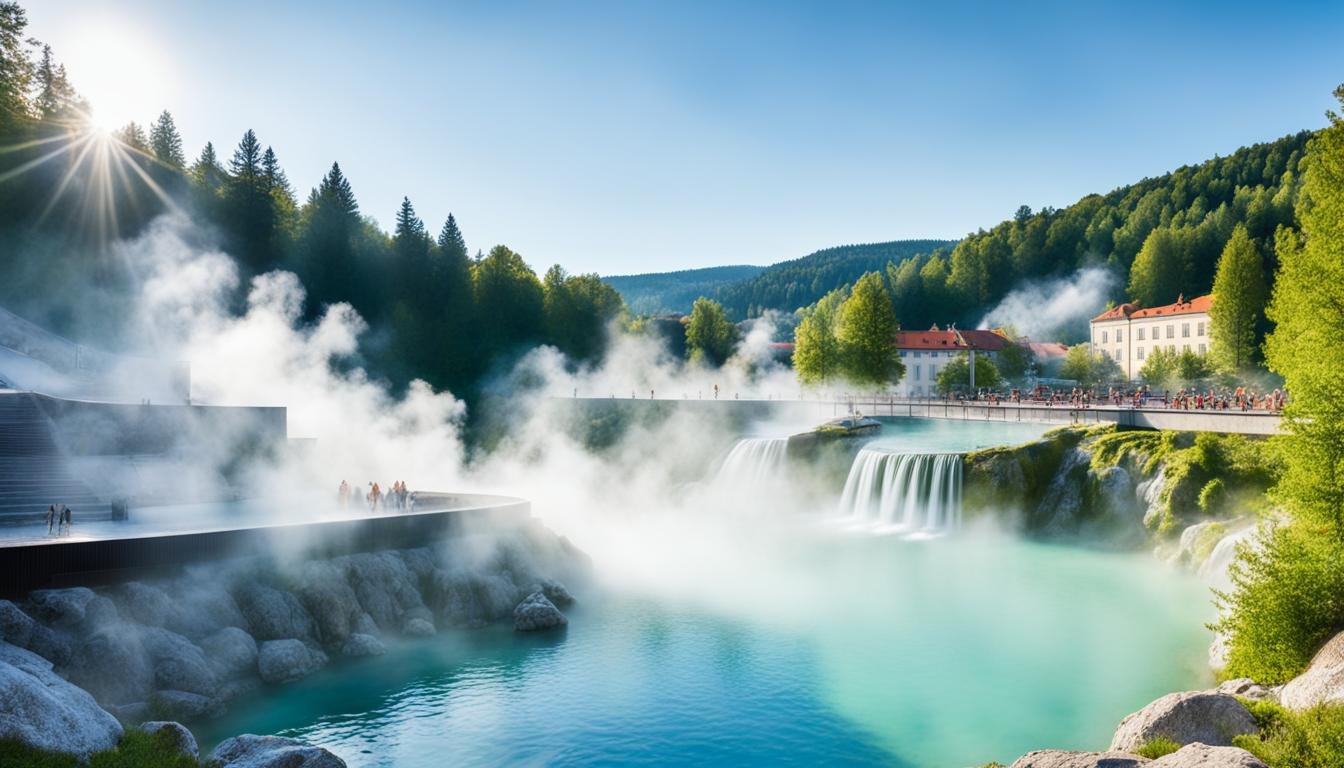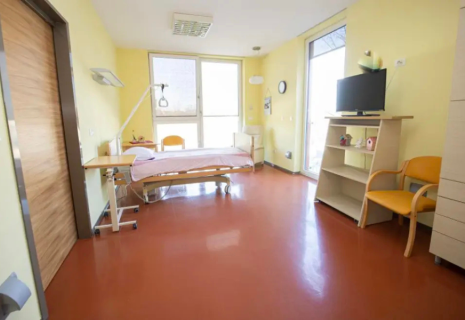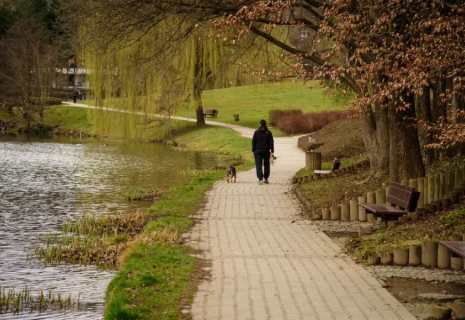
Healthy waters of Slovenia: a natural treasure
Slovenia, a small but stunning nation in Central Europe, is renowned for its breathtaking landscapes and rich biodiversity. One of its greatest treasures lies in its vast network of clean and healthy waters, which range from pristine lakes and rivers to lush wetlands and thermal springs. The country’s commitment to preserving its natural resources and promoting sustainable practices has made its waters a vital component of its environmental heritage and a boon for health, recreation, and biodiversity, CE Report reports.
A Rich Aquatic Ecosystem
Slovenia boasts approximately 27,000 kilometers (about 16,777 miles) of rivers, 3,200 lakes, and numerous ponds. The most significant watercourse is the Sava River, which flows through the heart of the country and is complemented by its many tributaries, including the Soča, Krka, and Savinja rivers. These waterways not only serve as crucial ecological corridors but also provide habitats for diverse flora and fauna, including several endemic species.
Slovenia’s lakes, like Lake Bled and Lake Bohinj, further enrich the aquatic landscape. Both lakes are known for their crystal-clear waters and stunning surroundings, attracting visitors from around the world. Lake Bled, with its picturesque island and medieval castle, and Lake Bohinj, nestled in the heart of the Triglav National Park, are testimony to Slovenia’s unspoiled natural beauty.
Clean Water Policies and Sustainability
The health of Slovenia’s waters is safeguarded by stringent environmental policies and a strong emphasis on sustainable water management. Slovenia is committed to the goals set forth by the European Union Water Framework Directive, which aims to maintain and improve water quality across Europe.
One of the keys to Slovenia's success in water management lies in its integration of ecological protection with economic development. The country has embarked on numerous initiatives to prevent pollution and protect aquatic ecosystems, including promoting organic farming, sustainable tourism, and responsible waste management practices. As a result, much of Slovenia’s water—especially in rural areas—remains unpolluted, maintaining its quality and boosting local biodiversity.
Health Benefits of Freshwater Resources
The health benefits of Slovenia's clean waters extend beyond ecological considerations. Freshwater resources are vital for human health, providing drinking water, opportunities for recreation, and essential resources for agriculture. Slovenia’s public water supply ranks among the highest quality in Europe, with more than 90% of the population having access to freshwater that meets rigorous health standards.
The thermal springs in Slovenia, which are believed to have therapeutic properties, have gained international fame. Places like Terme Olimia and Terme Ptuj draw visitors seeking wellness through hydrotherapy and spa treatments, further capitalizing on the natural gifts of Slovenia’s waters. The combination of clean water and therapeutic applications not only promotes health but also contributes to the nation's growing wellness tourism sector.
Conservation Efforts and Awareness
Slovenia recognizes that ongoing conservation efforts are paramount to ensuring the health of its waters for future generations. Numerous NGOs, alongside government initiatives, work tirelessly to raise awareness about the significance of clean water and the ecosystems that depend on it.
Projects such as river clean-ups, educational programs in schools, and community events dedicated to environmental stewardship foster a culture of sustainability and care for water resources among Slovenians. Local communities are encouraged to take an active role in monitoring and protecting their aquatic environments.
Conclusion
The healthy waters of Slovenia represent more than just a natural resource; they are a reflection of the country’s commitment to environmental sustainability, a source of health, and a cornerstone of its breathtaking landscapes. As Slovenia continues to balance ecological integrity with economic development, its waters will remain a vital asset, cherished by both locals and visitors alike. Through ongoing efforts to protect and sustain these invaluable resources, Slovenia sets an impressive example of how a nation can harmonize nature, health, and tourism for the benefit of all.
























